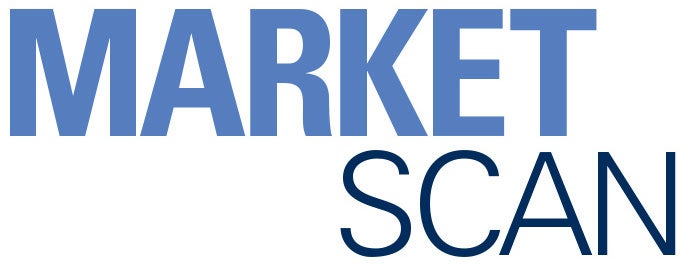

Why Amazon Has Inside Track to Lead Health Care Disruption
 />
/>
What’s New?
As investors and health care organizations place their bets on companies that will have the greatest impact in disrupting health care, many in the financial community have made it clear who they think will win the battle. More than 600 respondents to a recent poll by CB Insights, a market data and research firm serving venture capitalists, investment bankers and others, chose Amazon as the big tech company that will have the largest sway on health care by nearly a 2-1 margin over Google and Apple. Microsoft finished a distant fourth.
Amazon’s Advantage
Venture capitalists aren’t the only ones who believe Amazon will lead the pack among tech companies in health care. A consumer poll by Alpha, an on-demand user insights platform for the Fortune 500, also found the online retailer to be the most trustworthy company among those moving into health care. Reaction Data’s recent survey of nearly 100 health care C-suite leaders found that 59 percent also picked Amazon as the company most likely to shake up health care — far ahead of rivals Apple and Google.
Yet, despite this unanimous belief that Amazon will impact health care the most, CB Insights notes that other than the online retailer’s PillPack acquisition, Amazon has done relatively little to bring health care solutions to market when compared against Apple.
Amazon’s Big Edge
So, why do so many believe that Amazon will become the dominant disruptor? A CB Insights report identifies five factors that give Amazon a distinct edge:
- Strategy: Amazon has a large testing ground and aggregated consumer demand to evaluate its health care products. This includes 300 million online customers and an estimated 1.2 million employees through the health care company it has started with Berkshire Hathaway and JPMorgan. Amazon also generates more cash than its competitors, allowing it to pursue low-profit initiatives. In other words, Amazon’s strategy does not depend on making a quick or large profit in health care.
- Pharmacy: The online retailer has the chance to simplify the supply chain and improve the experience for patients, payers and manufacturers. The $1 billion acquisition of mail-order pharmacy PillPack gave Amazon a $100 million revenue stream, a built-out pharmacy supply house and pharmacy licenses in all 50 states. PillPack’s high customer satisfaction is three times above the national average for consumer-facing pharmacy businesses — which aligns perfectly with Amazon’s focus.
- Claims management: To be effective beyond its pharmacy offerings, Amazon could become a platform for health benefits and claims management. The current process is slow, too often manual and fraught with middlemen. Theoretically, Amazon could offer its own solution to this problem for payers. The company has already started down this path by taking data from electronic health records to identify incorrect codes or misdiagnoses.
- Lifestyle management for seniors: With its patient touchpoints across different settings like home, grocery stores, online, etc., Amazon could become a lifestyle manager for Medicare and Medicaid populations. In light of various proposals to expand Medicare coverage, this could be an opportune moment for Amazon.
- Provider focus: Amazon could reduce the administrative burdens of health care providers by building a new back-end for their operations. If Amazon can build a better user interface, it could gradually replace all functions of the current systems and become the preferred back-end and platform for hospitals and health systems. The report notes that Amazon is already looking for ways data can be pushed and pulled from EHRs. Voice is an increasingly popular interface and could be particularly useful in health care, and Amazon reportedly is engaged in several hospital experiments with its Alexa platform. If Alexa becomes HIPAA-compliant, it could greatly expand use cases.



